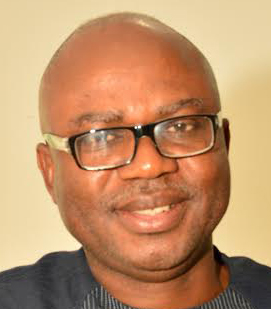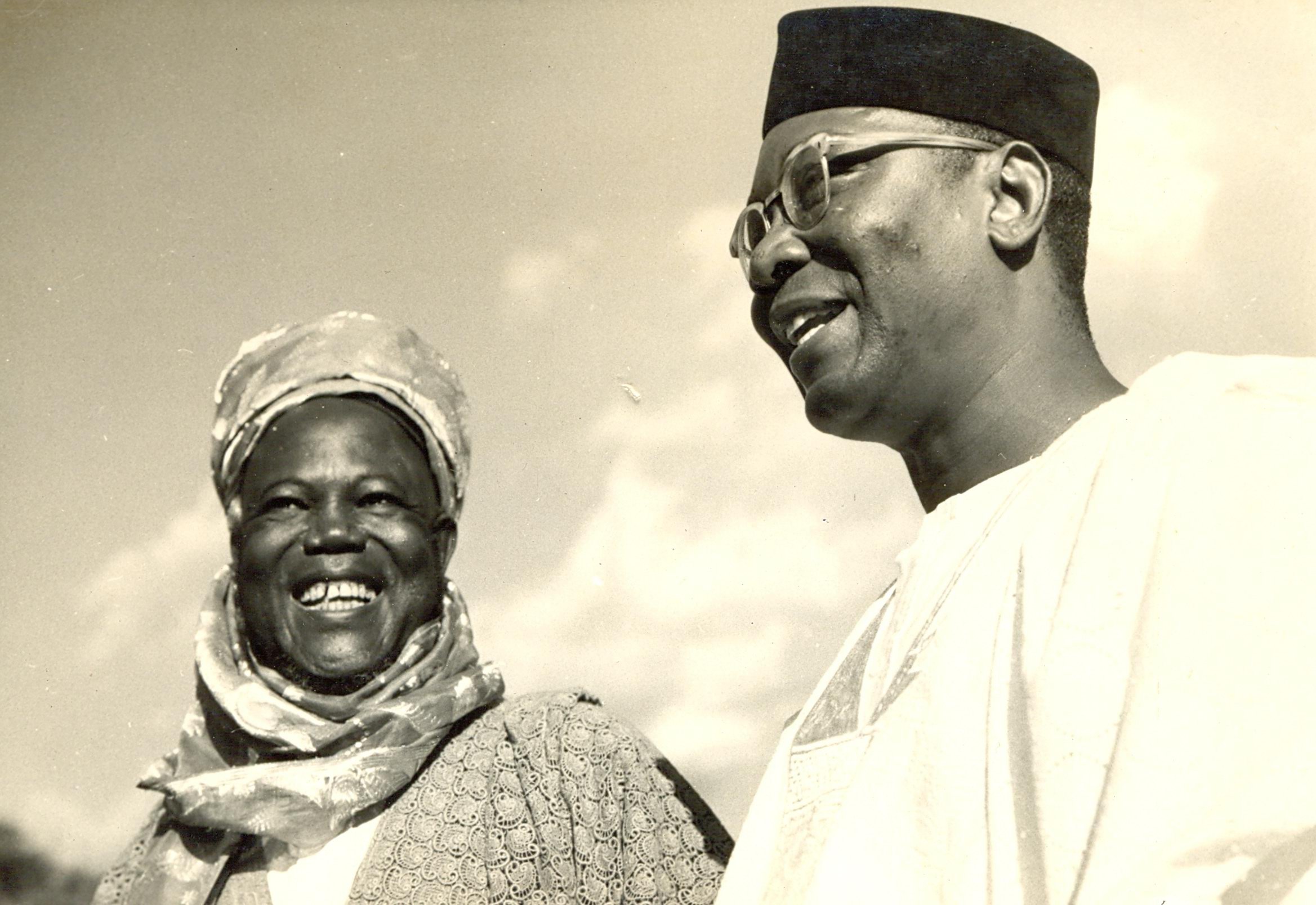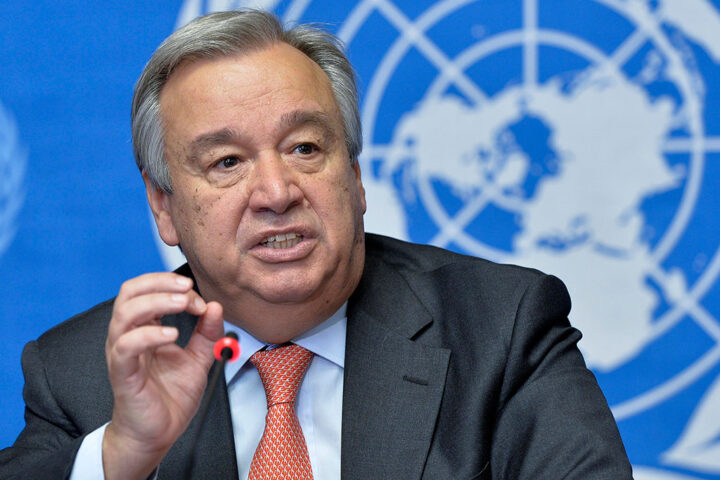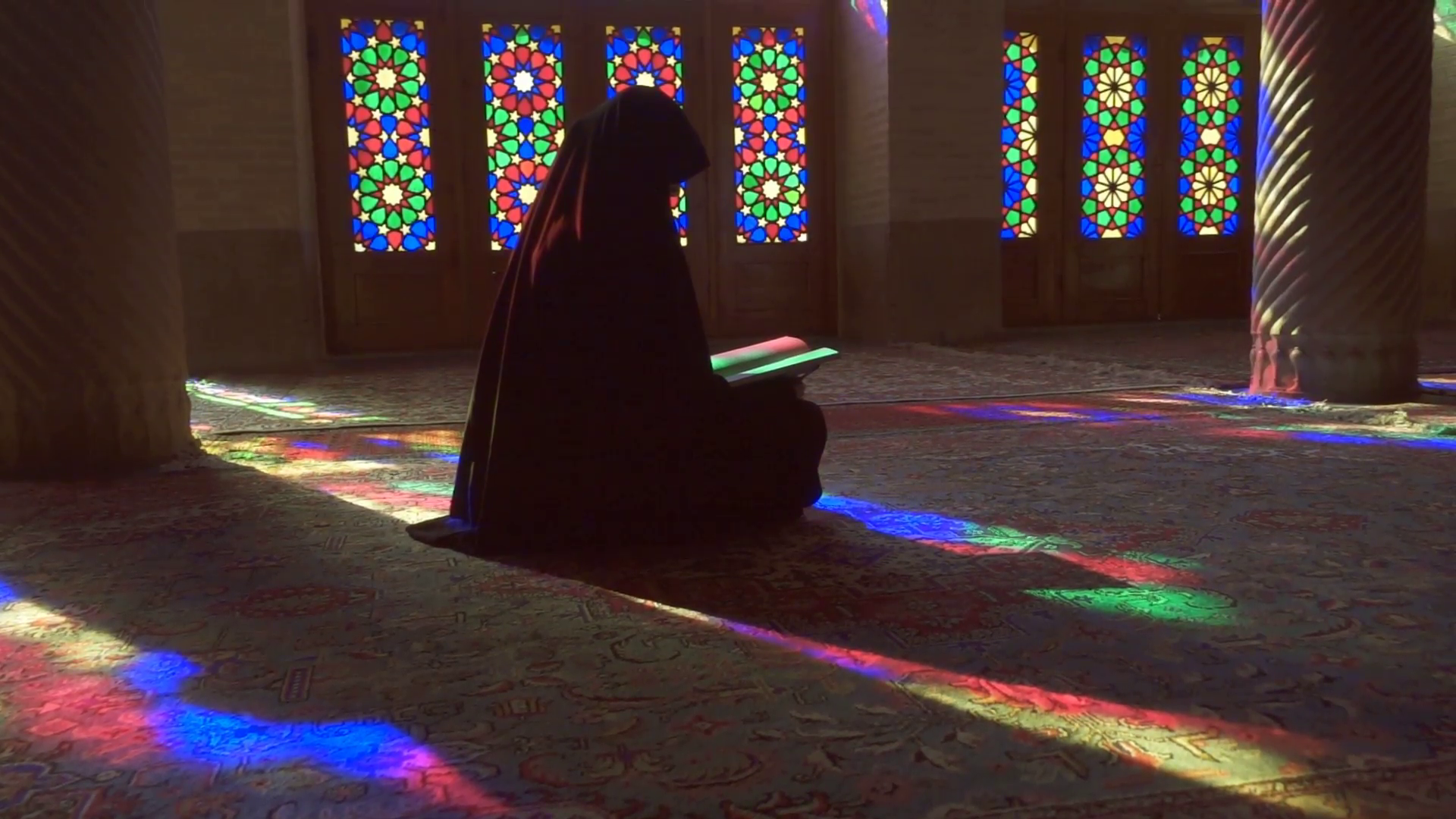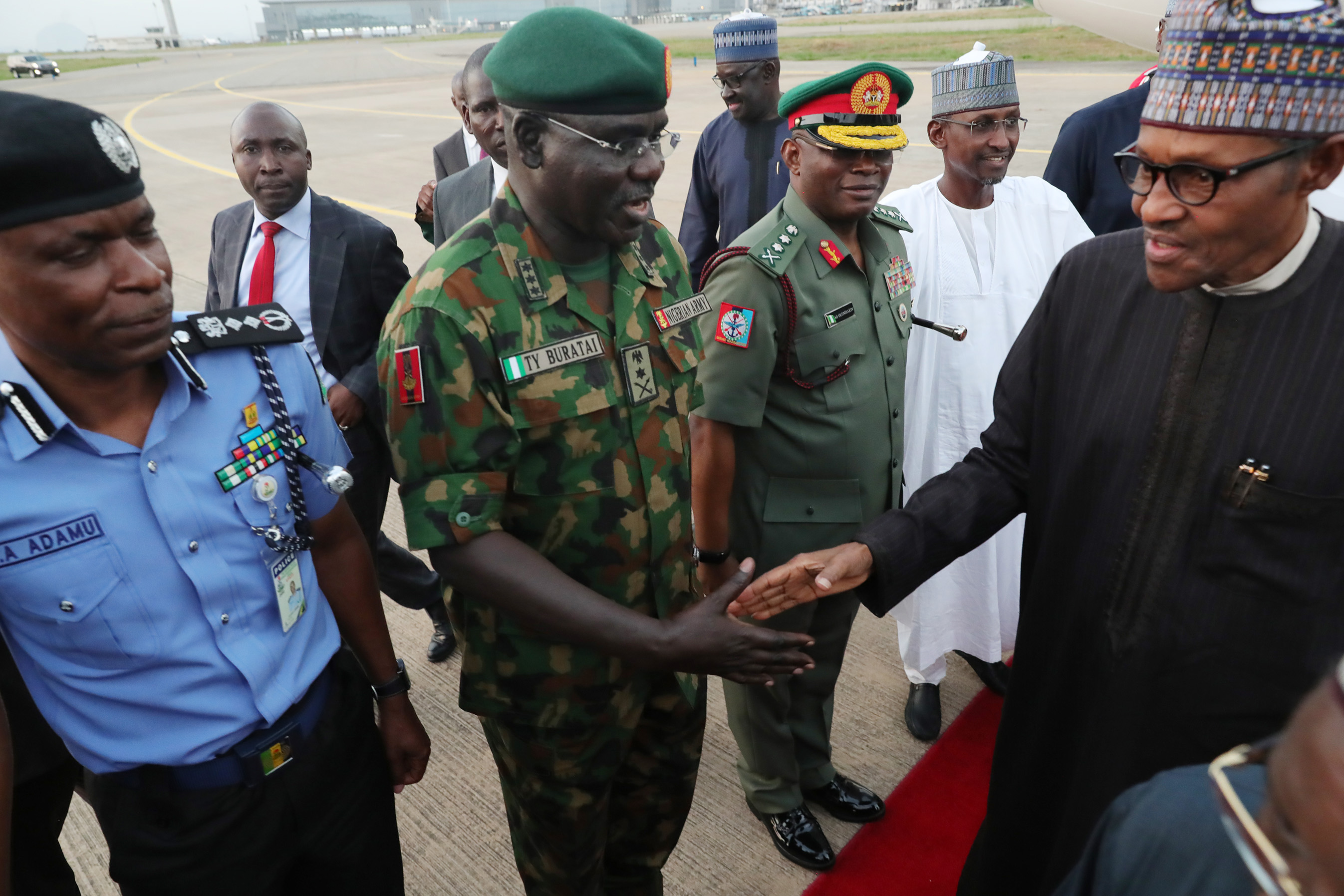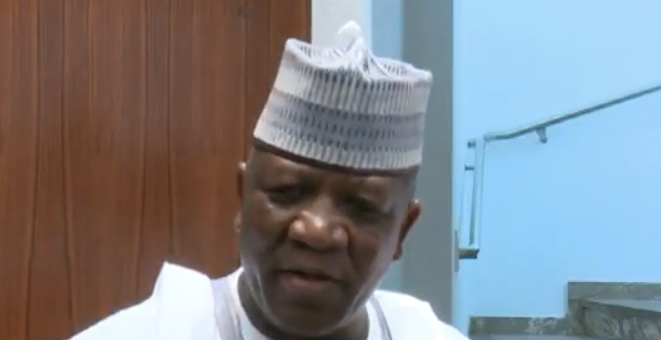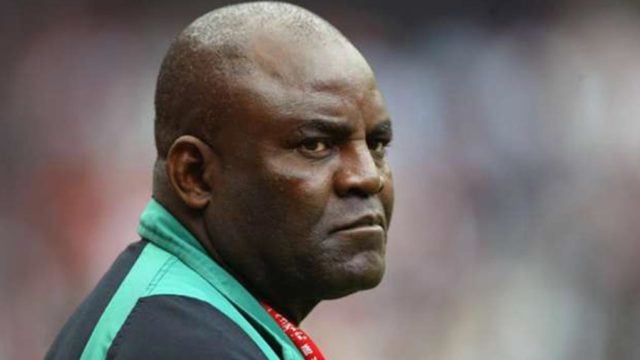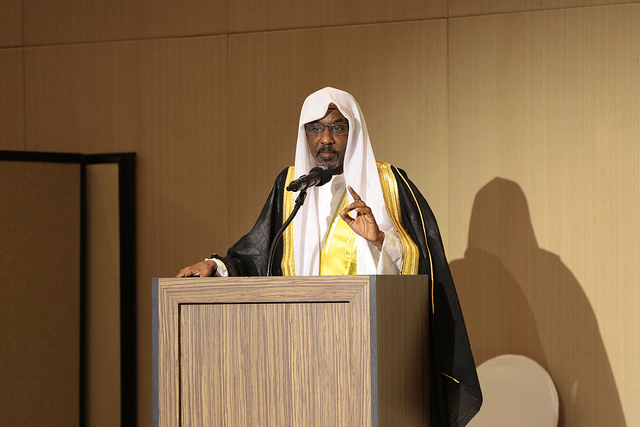At this time 23 years ago, the greatest Nigerian that has ever lived (and, I believe, will ever live) lay dying at the University of Nigeria Teaching Hospital, Enugu. As the end approached, Zik the Great must have seen life in its stark nakedness. I learned the last words he uttered on his deathbed were like this: “Oh God, I’ve made the greatest mistake of my life. I chose heroism instead of sainthood. Now that I’m about to lie lonely in the grave, who will remember to pray for me anymore? Lord, please, if for all that I suffered for the sake of Nigeria, forgive my sins and receive me in your kingdom.”
Zik must have thought about loneliness in the grave and then recalled the words of the preacher: “Vanity of vanities, all is vanity…”
He was one of the old people whose words of wisdom I cherished. In his case, I listened to him as a journalist — we interviewed him shortly before his birthday (November 16) each year between 1988 and 1994. We had no opportunity to speak with him in 1995 because he had been bedridden by November. But on his 90th birthday, I travelled from Lagos to Nsukka, and, together with the cream of Nigerian society, celebrated what was a farewell party in honour of the foremost nationalist of pre-independence struggle, the country’s first president, and the Owelle of Onitsha. On the occasion, he recited a poem he had composed in the 1930s; a line reads, “My life has been a joy to me”.
It’s not likely there is any Nigerian – indeed any citizen of the world – alive today that is Zik’s age mate. He was born in Zungeru [he told us the correct pronunciation of the town was Zun-guru] in today’s Niger State at noon on Wednesday, November 16, 1904, and died shortly before 11am on Saturday, May 11, 1996.
Advertisement
Just as he feared on his deathbed, Zik has not been commensurately rewarded by the nation he fought for all his life. One of the strangest demonstrations of ingratitude and ineffectiveness of the Nigerian government was the non-completion of Zik’s mausoleum at Inosi Onira in Onitsha. I’m glad to hear that the structure has now been completed after 22+ years. But structure alone doesn’t make a mausoleum. Were it in another country where people go into government to work and not to steal, Zik’s mausoleum would have since become a tourist site bringing millions of dollars in revenue. His home in Nsukka also – he lived in Onuiyi Haven from 1945 – would have also become a tourist’s delight.
Then, there is the second Niger Bridge – about 4km from the place Zik was buried in Onitsha. For the past 40 years, that bridge has been mentioned only in politicians’ campaign speeches. Only “a second Azikiwe” [Goodluck Jonathan] was able to pay a huge sum for the project’s contract; under the current regime, work has been proceeding at snail’s speed. How ungrateful could a nation be?
Nigeria will forever owe Zik a debt of gratitude. No tribute to his memory would be too much, for in the struggle for independence he was the primus inter pares. When I asked Adeniran Ogunsanya, in 1992, whether Zik contributed the most, he asked me, “Who else did?” So, these days, when I read some ignorant people mentioning their tribal warlords first before Zik among our founding fathers, I shake my head.
Advertisement
Zik always believed that the struggle for Nigeria’s independence was worth it. Perhaps he was right. Driving away foreigners was the right thing to do at the time. It is out of frustration with the present system of things that many like me think the quest for independence from the colonialists was a mistake. India, for instance, is on the fast lane. So are Malaysia, Singapore, Indonesia, the UAE, and the two Koreas – countries that were behind us by 1960. Had the First Republic not been truncated, there is no way a nation led by Zik, Abubakar Tafawa Balewa, Sardauna Ahmadu Bello, Obafemi Awolowo, Mike Okpara, Samuel Ladoke Akintola, Tony Enahoro and their contemporaries would have been overtaken by the “Asian tigers”.
Meanwhile, here’s a reminder: Zik’s junior nationalist Obafemi Awolowo died on May 9, 1987; Herbert Macaulay (who handed the baton of nationalism to Zik) died on May 10, 1946; and Zik himself on May 11, 1996. Strange coincidence? Perhaps we should have national holidays from May 9 to 11 of every year to honour these founding fathers.
To win independence for Nigeria, Zik (who spoke Hausa, Yoruba and Igbo fluently) knew he could not fight alone. Until he died in 1996, he never stopped giving the credit for Nigeria’s independence to all his teammates. He often decried the lack of unity and the quest for material things among the leaders that succeeded them. I wonder what Zik’s generation would be discussing on the other side, seeing what we have got today.
They were our real heroes – the leaders of the First Republic and earlier. It was in their era that mother tongues were spoken; it’s not like today that almost everyone speaks dogo turenchi – in fact, languages like Igbo are vanishing because “enlightened” parents do not speak the “ancient” language to their children. Our founding fathers got along very well with one another. The famous exchange between Zik and Bello – “Let’s forget/understand our differences” – was a mirror of true nationalism at its best.
Apart from speaking the three languages, Zik also gave his children Yoruba and Hausa names. And I have read how Sardauna Bello travelled to Ilorin in 1962 to congratulate the former Catholic archbishop of Abuja, John Cardinal Onaiyekan, when he excelled in the WASCE of that year.
Advertisement
Today nothing works. All we’ve got is a rapacious elite: lawmakers who do nothing but determine their own incomes; 17, 000 officeholders sharing a third of what belongs to 200million Nigerians; incredible billions of pounds and dollars locked up or lost forever in foreign banks’ vaults; an education system that churns out millions of jobseekers each year. No jobs. No food. No power supply. No clean water. No rail system. Available roads are death-traps. Hospitals are glorified mortuaries. Assassins, armed robbers, terrorists and kidnappers rule the roost. Nigeria has become hell on earth.
That we have failed woefully in all indices of human development does not, however, belie the genuine struggles of our founding fathers. This is far from the country of their dream. And each died with deep regrets and disillusionment. I’ll continue to pay tribute to them – all the men and women who rendered the selfless service of founding a nation that ought to lead Black Africa. Just as the Americans refer to those that fought in World War II as the greatest generation, I recognise the pre-independence nationalists as Nigeria’s greatest generation. In no small measure, they determined the fate of my generation and the generations yet to come from this part of the world.
Conversely, I identify the men that fought the civil war as Nigeria’s least and worst generation so far. When members of that generation staged the first military coup and murdered our founding fathers, the latter must have placed a curse on them. And a genuine curse, according to those who know, lasts three generations. Is it not probable that my generation and the one after us have been suffering because of that generation of robbers, thieves and liars? By my calculation, the third generation is already 10-25 years old; let’s hope the sins of their grandfathers will be forgiven before they start getting their own children.
Or shouldn’t we begin to beg the spirits of our ancestors to terminate the curse they might have placed on us? May the sins of those who turned Nigeria upside down not be visited on the next younger generations anymore.
Advertisement
That evil generation of looters has been making attempts to rewrite our history. In the books they have written and interviews they have granted, you read lies upon lies meant to distort the true accounts of the past. You see the culprits standing on the dais or facing the camera while peddling their wares. But, thanks to the white man’s internet, the younger generation can always read the true accounts of Zik and other founding fathers almost all of whom have now died. Those who banned the study of History in Nigerian schools labour in vain.
Nwamu, an entrepreneur, is the CEO of Eyeway.ng.
Advertisement
+234-8054100220 (SMS/WhatsApp only)
Advertisement
Views expressed by contributors are strictly personal and not of TheCable.
Add a comment
